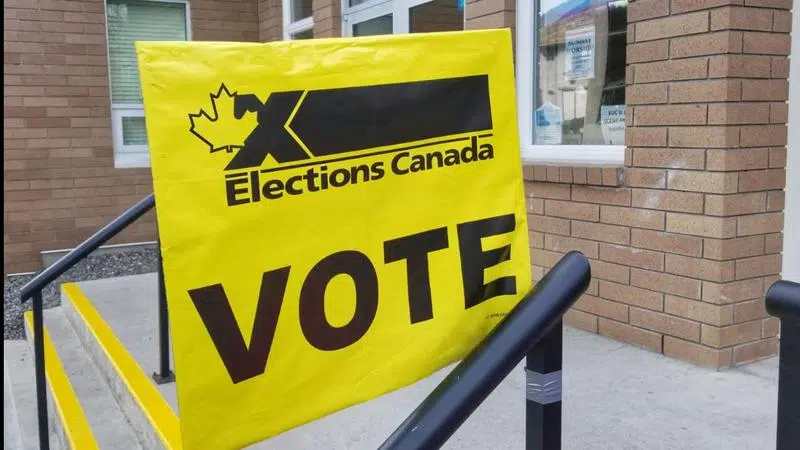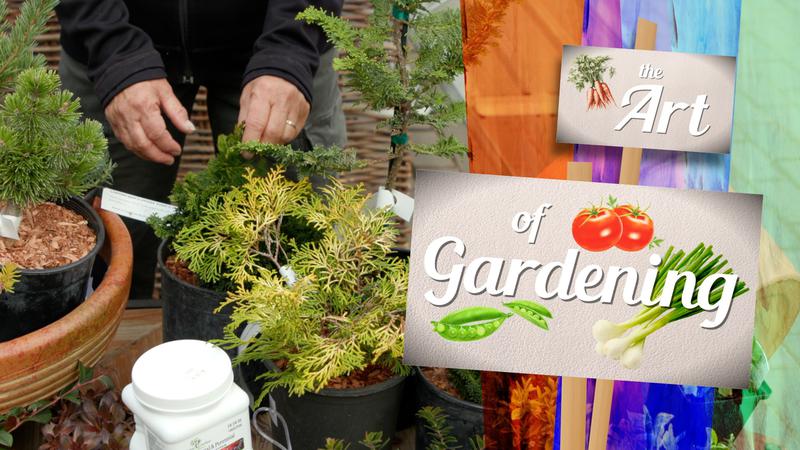
ROTHENBURGER: Don’t worry about the turnout, think first, then vote
FIRST THING MONDAY MORNING, I’m going to get up and drive to my designated polling station. It’s a small polling station; very few people vote there so it likely won’t be crowded.
It will take only a few minutes to check in, mark my ballot and put it in the box. It will, however, take me more than half an hour to drive from home to the station and back.
How much simpler and easier it would be to vote online, to mail in a ballot, or even to vote in advance at one of the other polling places.
It bugs me when people say we have to find easier ways for people to vote because that’s the only way we can increase the turnout. I don’t believe it.


